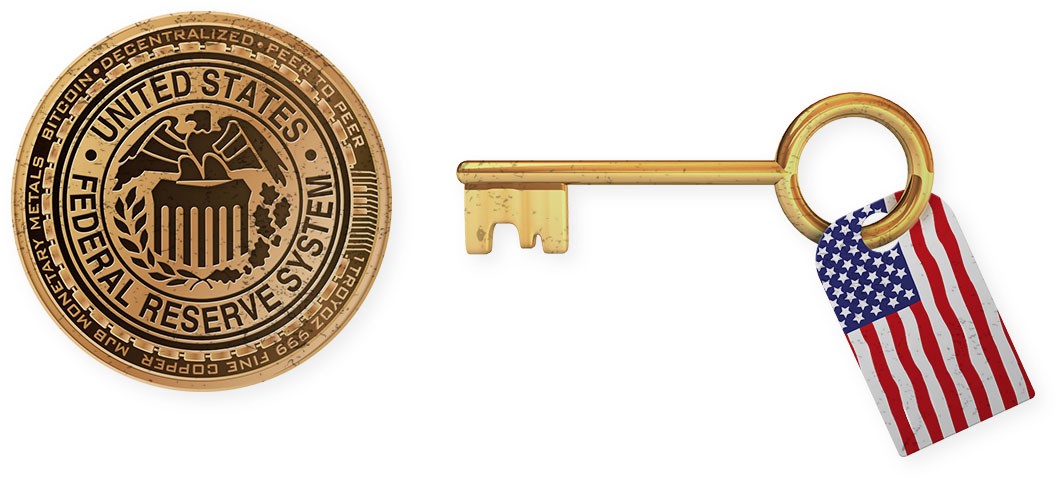PALO ALTO, Calif. (Reuters) - The Federal Reserve is looking at a broad series of issues around digital payments and currencies, consisting of policy, design and legal considerations around potentially issuing its own digital currency, Governor Lael Brainard stated on Wednesday. Brainard's remarks recommend more openness to the possibility of a Fed-issued digital coin than in the past." By changing payments, digitalization has the possible to provide greater value and convenience at lower expense," Brainard said at a conference on payments at the Stanford Graduate School of Business.
Main banks worldwide are debating how to handle digital finance innovation and the distributed ledger systems used by bitcoin, which guarantees near-instantaneous payment at potentially low cost. The Fed is developing its own day-and-night real-time payments and settlement service and is currently evaluating 200 comment letters sent late last year about the suggested service's design and scope, Brainard said.
Less than 2 years ago Brainard told a conference in San Francisco that there is "no engaging showed requirement" for such a coin. However that was prior to the scope of Facebook's digital currency ambitions were commonly understood. Fed authorities, consisting of Brainard, have raised issues about customer defenses and data and privacy threats that might be positioned by a currency that could come into usage by the third of the world's population that have Facebook accounts.
" We are teaming up with other reserve banks as we advance our understanding of central bank digital currencies," she stated. With more nations looking into issuing their own digital currencies, Brainard stated, that includes to "a set of reasons to likewise be making sure that we are that frontier of both research and policy advancement." In the United States, Brainard said, problems that require research study consist of whether a digital currency would make the payments system more secure or easier, and whether it could position financial stability dangers, including the possibility of bank runs if cash can be turned "with a single swipe" into the central bank's digital currency.
To counter the financial damage from America's unmatched national lockdown, the Federal Reserve has actually taken extraordinary steps, including flooding the economy with dollars and investing directly in the economy. Many of these moves got grudging approval even from numerous Fed doubters, as they saw this stimulus as required and something just the Fed might do.

My brand-new CEI report, "Government-Run Payment Systems Are Unsafe at Any Speed: The Case Versus Fedcoin and FedNow," details the threats of the Fed's current plans for its FedNow real-time payment system, and propositions for main bank-issued cryptocurrency that have actually been dubbed Fedcoin or the "digital dollar." In my report, I discuss concerns about privacy, information security, currency manipulation, and crowding out private-sector competitors and development.
Advocates of FedNow and Fedcoin say the government needs to produce a system for payments to deposit immediately, rather than encourage such systems in the economic sector by raising regulative barriers. However as noted in the paper, the economic sector is providing a seemingly endless supply of payment innovations and digital currencies to fix the problemto the degree it is a problemof the time space in between when a payment is sent and when it is received in a savings account.
And the examples of private-sector innovation in this location are lots of. The Cleaning House, a bank-held cooperative that has been routing interbank payments in numerous types for more than 150 years, has been clearing real-time payments given that 2017. By the end of 2018 it was covering 50 percent of the deposit base in the U.S.